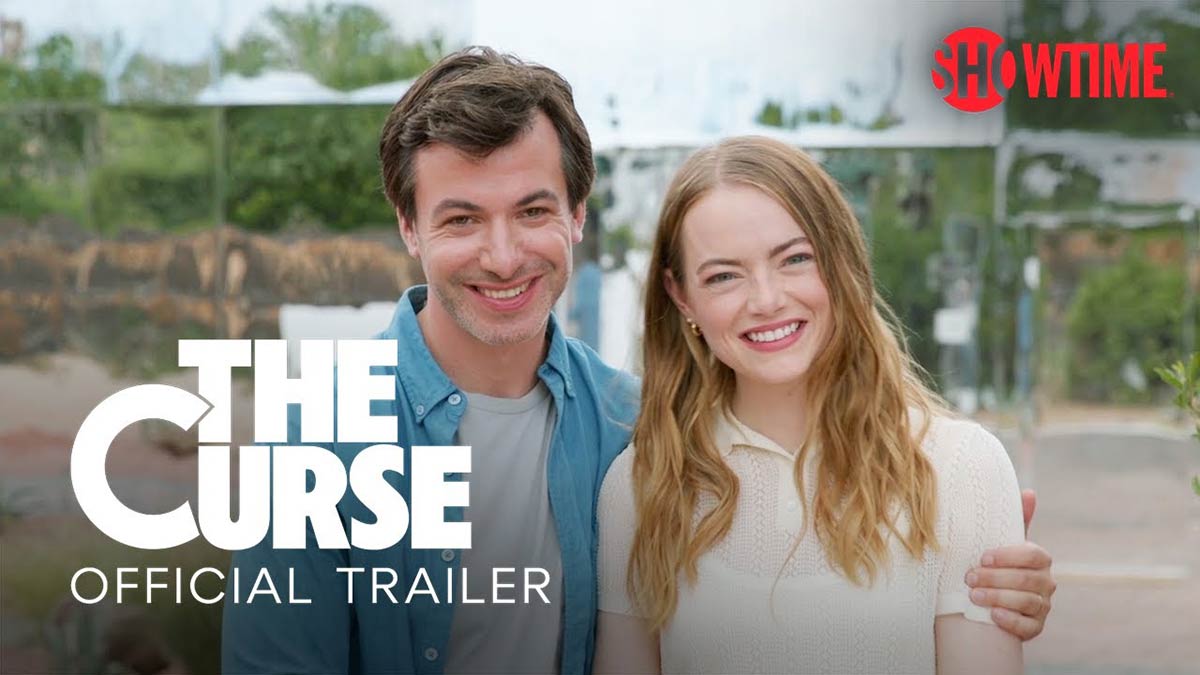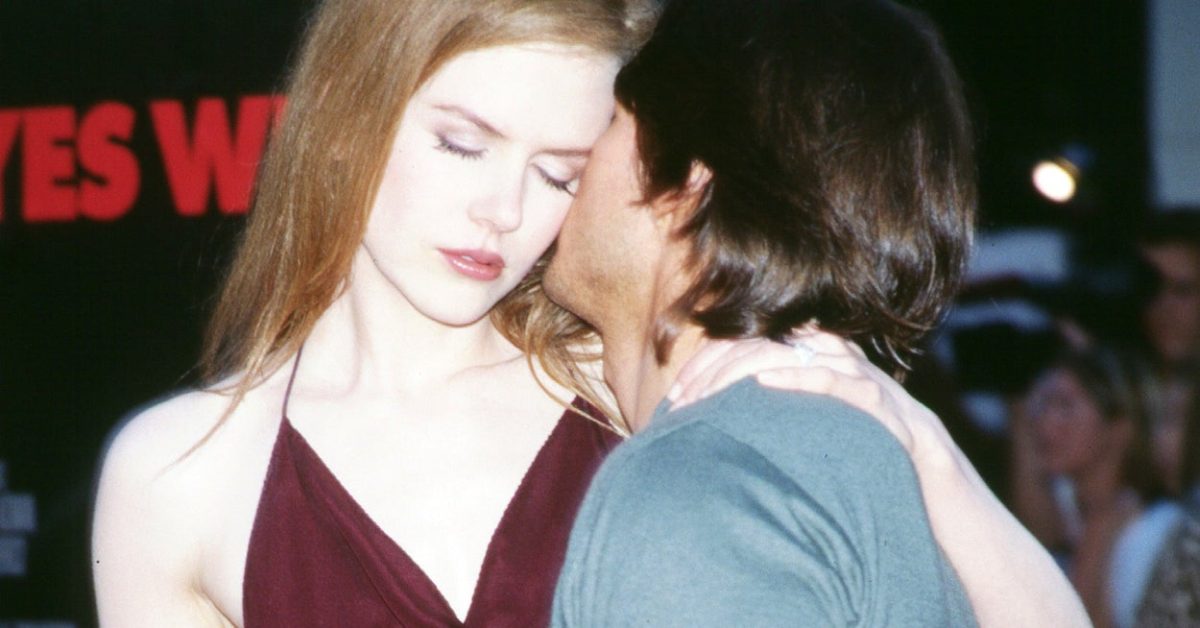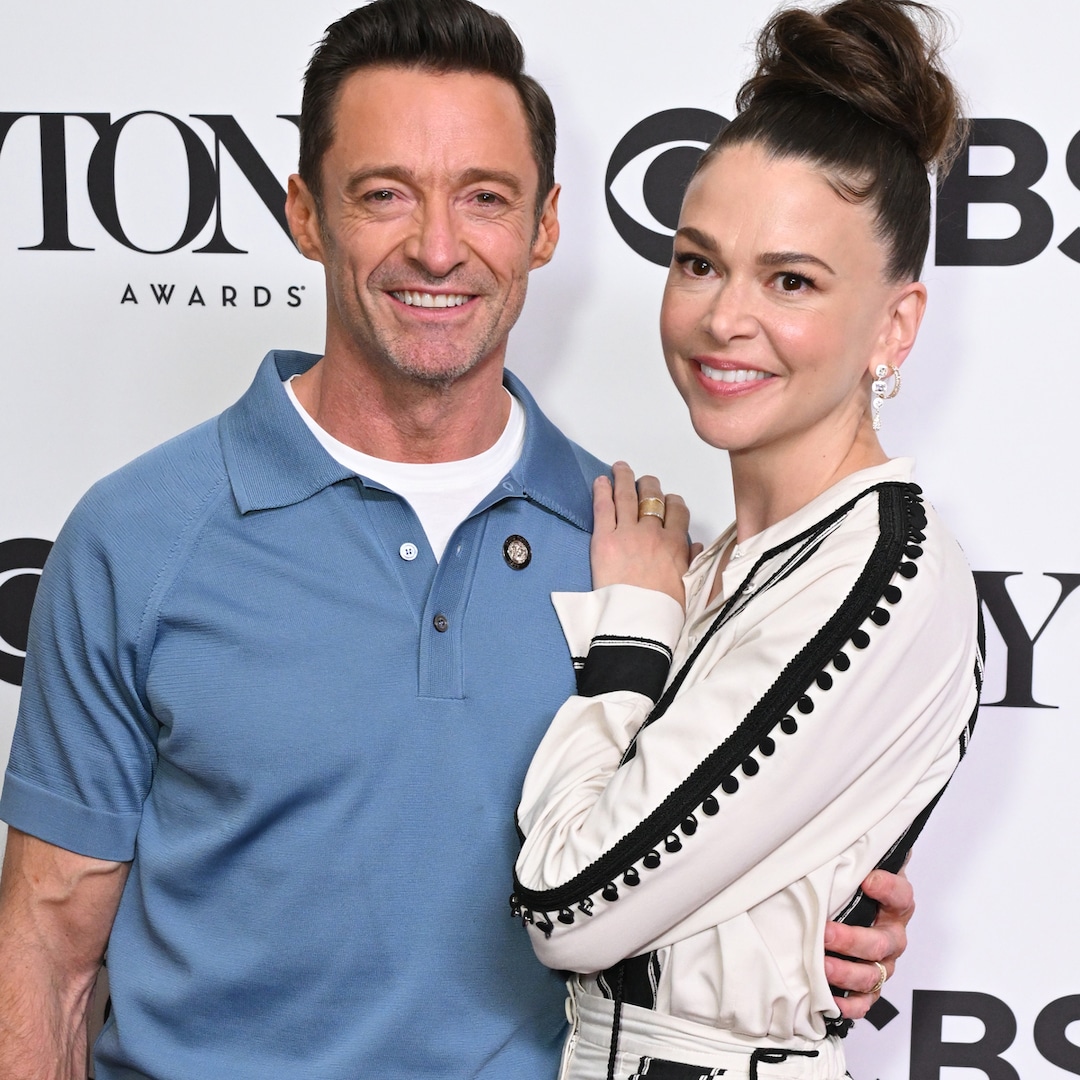
Emma Stone & Nathan Fielder Interrogate Altruistic White Privilege In Hilariously Cringe & Excruciating Series
Nov 10, 2023
Showtime’s new limited series “The Curse,” comes from the inspired, perhaps unlikely, trio of actor/producer Emma Stone (“Poor Things”), comedian/filmmaker Nathan Fielder (“The Rehearsal”), and writer/director Benny Safdie—half of the directing duo The Safdie Brothers, known for “Uncut Gems.” But the true shorthand to understanding the hilarious, odd, sometimes downright bizarre series is its overwhelming sense of cringe-worthy discomfort.
READ MORE: 11 TV Shows To Watch In November: ‘The Curse,’ ‘The Crown,’ ‘Fargo’ & More
In that sense, the comic painful and awkward uneasiness is informed almost exclusively by Fielder, who has mastered “The King of Cringe” sensibilities in various awkward comedy series like “Nathan For You” and the 2022 HBO-docu comedy “The Rehearsal.” Fielder’s uncanny zest for discomfiting humor, which is amusing but also sometimes genuinely unsettling or even off-putting, pervades the series. For better and perhaps for worse, depending on your tolerance.
Surprisingly layered in its complex American commentary—sociopolitical layers of white privilege, white saviors, gentrification, exploitation, disposed immigrants, native land rights, and the hollow, self-serving complexities of altruïsm—“The Curse” is, as Fielder would have it no other way, deeply uncomfortable. He’s not necessarily calling the shots more than any other creative on the trio (the series writers are Fielder, Safdie, and Carrie Kemper). Still, that sense of embarrassing distress nearly overburdens and makes for a show that can be, at times, hard to watch.
The series centers on Whitney (Stone) and Asher Siegel (Fielder), a progressive, politically empathetic newlywed couple who hope to bring their vision for ultra-modern, eco-conscious housing to a small community in Española, New Mexico, full of Spanish locals, Indigenous people, and refugees struggling to make ends meet (the irony of the inherent juxtaposition of what’s being sold and to whom, deliciously awkward).
The pair are trying to launch a Home & Garden-esque TV show called “Flipanthropy”—a play on the idea of flipping houses and doing so in a philanthropic manner—to serve those less fortunate in the community, the unhoused, those who experience economic hardship and insecurity, etc.
Trying to conceive a child amidst this struggle to get their show working and the unconvinced community skeptical about their overt, perhaps not-as-sincere-as-they-might-seem sense of selflessness, their efforts to put the show together are further complicated by their eccentric and ethically dubious reality TV producer, Dougie Schecter, (Benny Safdie, in a hilariously dry performance sporting a rocker wig). Dougie’s been hired by the pair as a freelancer to shoot and direct what is essentially a pretty formulaic HG-TV show, but doing so in the manner of the couple’s socially-conscious ethos. But creatively bored, wanting to try something more exciting and perhaps craftier than he lets on, seeing an opportunity to catch them in a larger story, he keeps documenting things he shouldn’t— catching Asher in a series of ethically dubious and morally suspicious situations, that keeps getting gummed up in a morass of sticky lies.
As the series unfolds and the couple continues to find themselves caught in a growing web of tiny deceits and manipulations that snowball, their relationship begins to strain and fray. Matters are made worse by the titular curse, an off-handed comment from a young girl that starts to feel like an existential threat to their lives, dreams, and aspirations (and we won’t even get into the more absurdist moments and the whole micro-penises section, but lord, that’s hysterical and strange).
“This show isn’t your typical home-flipping show; my homes are reflecting the community,” Whitney insists in one of their sit-down interviews, cheerful, smiling, joyous faces up and on when the camera light turns red, the arduous strain of being so merry maybe just bubbling underneath the surface almost imperceptibly.
In this regard, “The Curse” is really a trenchant exploration of identity, self-delusion, and self-deception and a biting critique of the complexities of benevolence, who we’d like to believe we are vs. our more authentic, more imperfect selves. While the newlyweds aren’t social media influencers, the notion of those who put on a big, fraudulent show for the camera in order to prove how woke, generous, and eco-conscious they are—while turning a handsome profit and perhaps act quite different when the phone isn’t recording their every action—is never lost on the incisive series, seemingly always cross-examining the pairs true motivations either emotionally, cinematically or both.
Tackling issues of race, class, and capitalism, “The Curse” is essentially a piercing interrogation of the plot set-up: what if a newlywed couple tried to renovate homes for struggling families, but who truly benefits from the various transactions? How sound is their philosophy? Especially as Whitney harbors a dark past regarding her infamously unscrupulous parents.
Mirrors are visual cues and themes seen often, often warping in the light and distorting depending on the camera’s proximity and focal length. It’s a sly, often very unnervingly illustrated metaphor for discrepancies the Siegels hold within them. Contradictions soon grow into cracking inconsistencies and brittle flaws, revealing a raw-nerve phoniness that is wickedly funny and yet deeply, yes, uncomfortable.
Ingratiating and odd, with demons of his own that soon surface, Safdie’s Dougie is also a terrific character, pitched somewhere between a dumb rock-enthusiast stoner and someone who is much more cunning than he lets on.
And to Safdie’s credit, while Fielder’s comedic tone does dominate the series, the weirder, stranger moments—suddenly blisteringly haunting asides with atonal music that feel like they are ripped out of a David Lynch nightmare—do seem like they come straight from the Safdie brothers sensibilities (to that end, regular Safdie collaborator Daniel Lopatin, aka Oneohtrix Point Never, makes much of the unnerving music; John Medeski also does some dreamy and menacing score too).
Strangely enough, however, Safdie doesn’t direct any of the episodes. Fielder helms the first seven episodes, and indie filmmakers and brothers David and Nathan Zellner tackle the final three. Cinematically, the show is extremely clever and subtle, employing many long zoom lenses as if to spy on the Siegels and try to capture them at their worst, even when they’re so desperate to always demonstrate their best.
“We are really good people. We’re good!” Asher says at one point in a clandestine meeting, doth protesting too much, perhaps having scorched some of the goodwill the Siegels have earned with one of his one-too-many cutting-corner techniques.
With its sharply uproarious and multifaceted ideas of entrepreneurs who are actually gentrifiers, do-gooders who might not be as noble as they believe, and altruists unmasked as narcissistic imposters, interlopers, and invasive speeches entering an eco-system that never asked for their charity in the first place, “The Curse” is largely brilliant capitalist and social critique. Mileage will vary, however, and perhaps your tolerance for Fielder’s comedic mien. Always pushing things into extremes, “The Curse” often flirts with the purposefully banal and drainingly unbearable situations. Fielder’s always been fearless in this regard, but there’s always a fine line between when the exhausting and excruciatingly comedic just become exhausting and excruciating. Certainly, as audiences become more accustomed to his obsession with this fragile tonality, their stamina grows, but “The Curse” does sag at times and or test patience.
That’s the point, really. One sequence in “The Curse” sums up the show well: the Siegels smiling at the camera, reading off the same corny TV lines repeatedly, as the camera following them zooms out in an eerie fashion. They’re asked for another take and another take, the enervation of being this camera-ready, this “on” and phony seemingly draining them of their zeal to help their community. It’s laugh-out-loud funny, embarrassing to watch, and perhaps, at one point, the artificial fakeness of it all is just too much to bear. [B+]
Publisher: Source link
Nicole Kidman’s Viral Getty Image Catalog
Nicole Kidman's Viral Getty Image Catalog Nicole Kidman has stepped back into the limelight to promote the new A24 erotic thriller Babygirl — and she’s looking as radiant as ever. The Academy Award-winning star has had an incredibly storied career,…
Jan 14, 2025
Hugh Jackman and Sutton Foster Have Steamy Makeout Session
The Music Man's final curtain call was in January 2023. But it wasn't the only thing to come to an end. In September of that year, Jackman and his wife of 27 years Deborra-Lee Furness announced their split."We have been blessed…
Jan 14, 2025
Mandy Moore Shares She’s Unsure If Her Home Survived
California Fires: Mandy Moore Shares She's Unsure If Her Home Survived On Tuesday, Mandy shared on her Instagram story that she, her children, and her pets left their home and were safe. "Evacuated and safe with kids, dog and cats.…
Jan 13, 2025
YouTubers Colin, Samir Lose Homes to L.A. Fire as Wives Are Pregnant
Angelina Jolie, Halle Berry, Jamie Lee Curtis & More Stars Are Giving Back Amid LA FiresYouTubers Colin Rosenblum and Samir Chaudry are opening up about their heartbreaking situations. The duo, otherwise known on the platform as Colin and Samir, recently…
Jan 13, 2025











